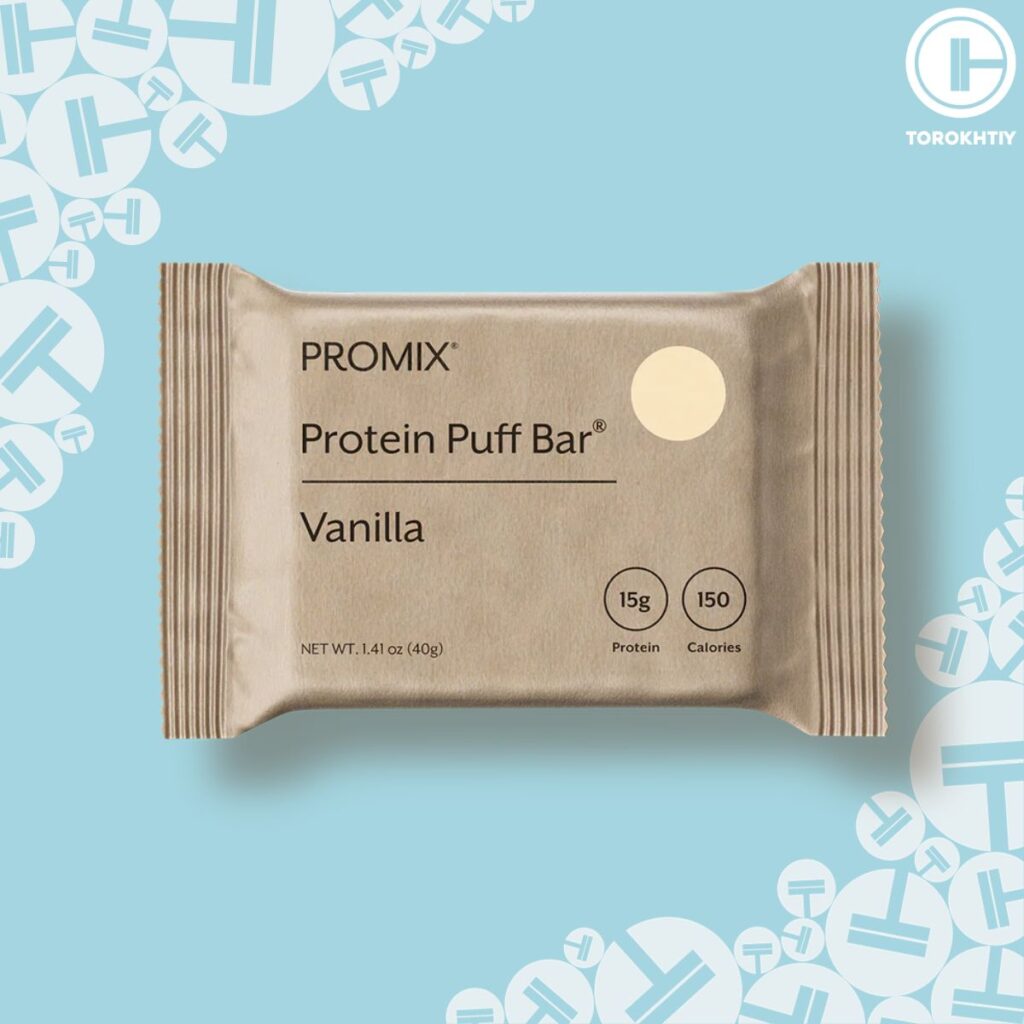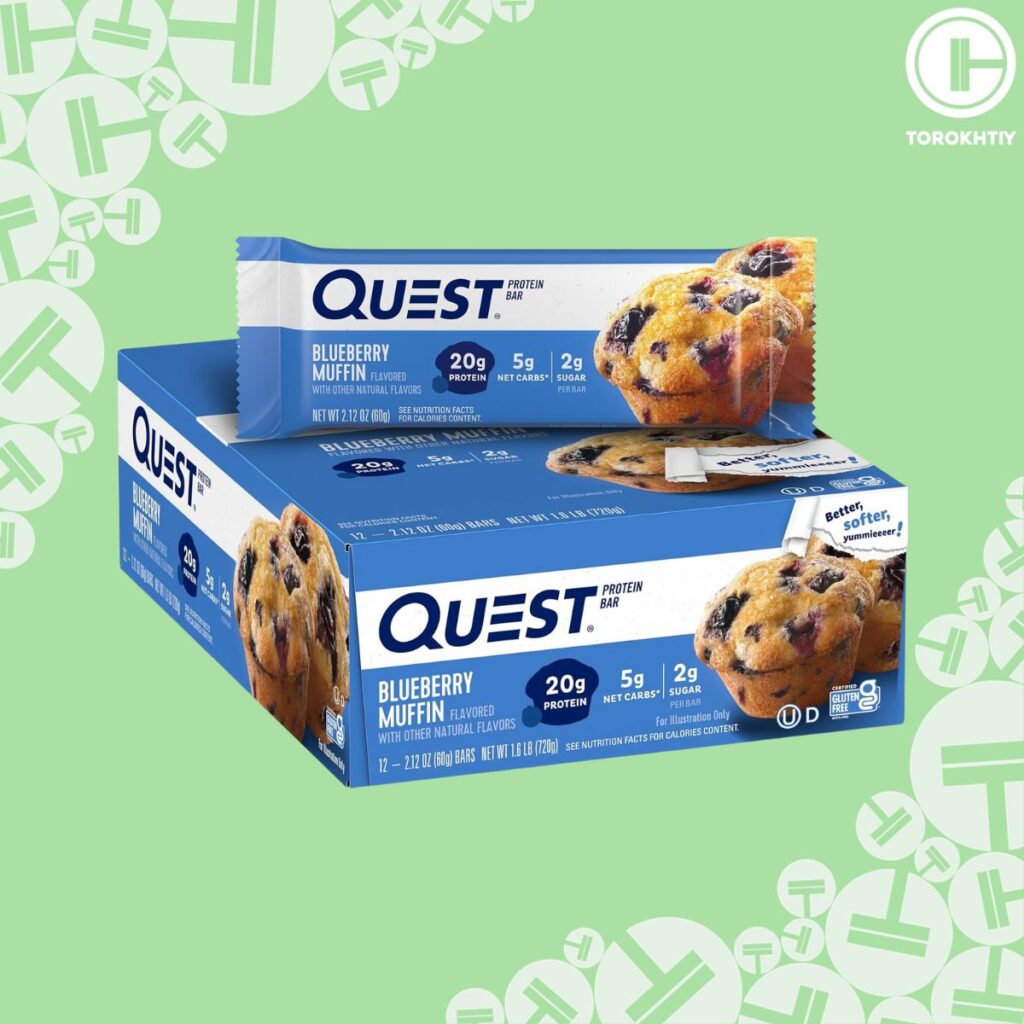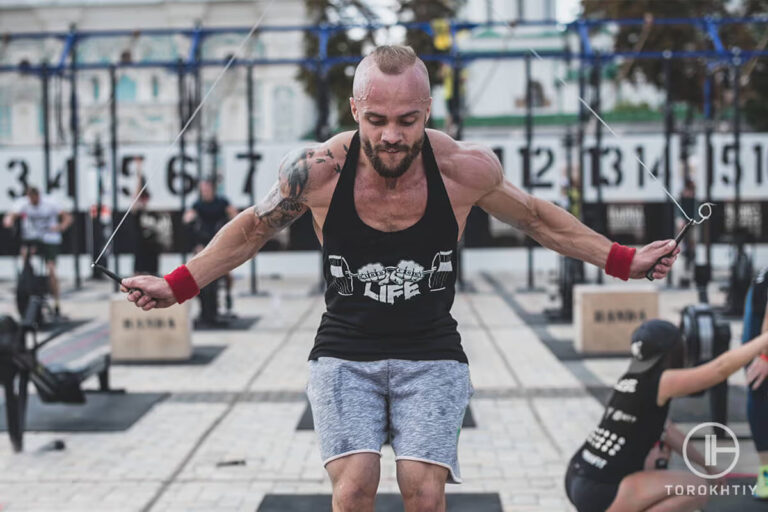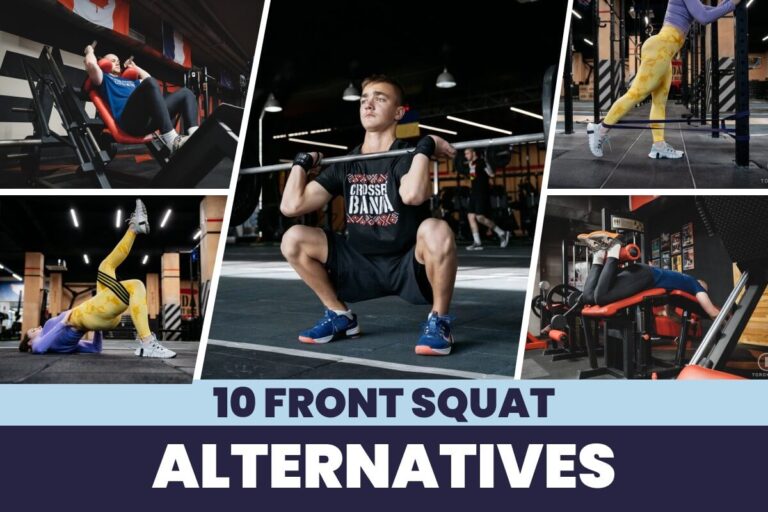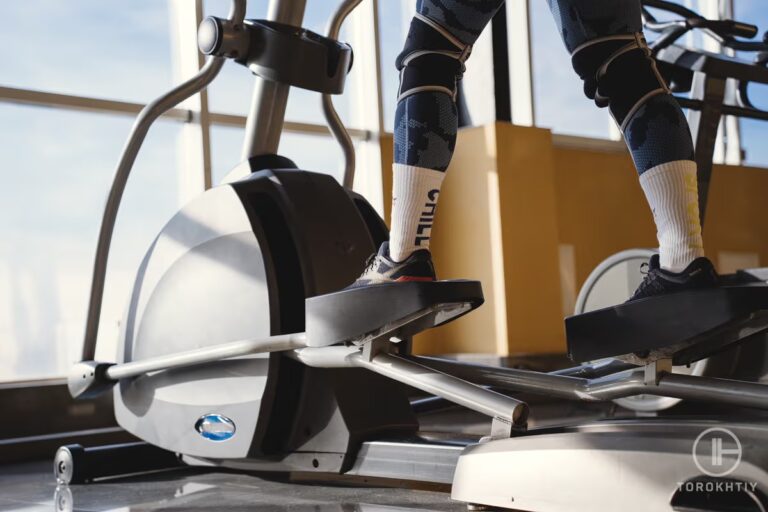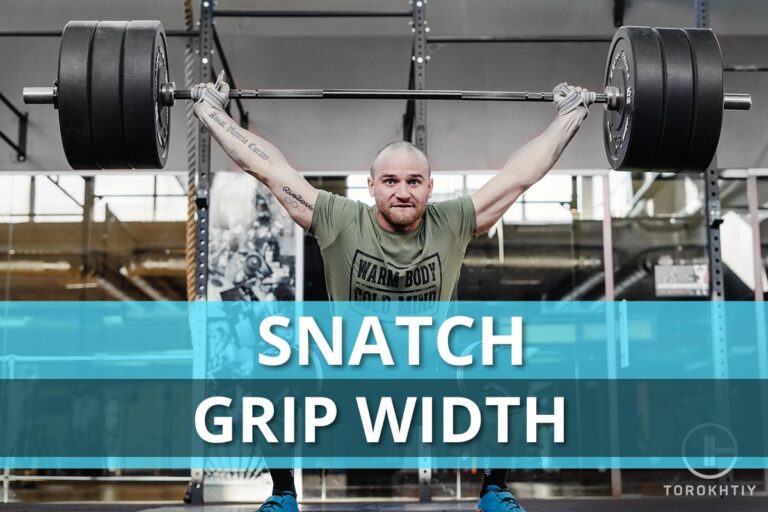Are Protein Bars Good For Weight Loss?
Protein bars have become extremely popular among the fitness industry and even regular people looking to lose weight, build muscle or just as a healthy snack. However, today we’ll be answering an important yet specific question, are protein bars good for weight loss?
Are Protein Bars Good For Weight Loss? Whether you’re looking to pack on muscle or lose weight, protein bars can help. However, not all protein bars aid in losing weight. The best bars for this purpose are bars with a high protein content, no sugar, and a lower calorie content.

What Are Protein Bars?
A protein bar is a healthy and delicious snack option that can be consumed on the go. It is saturated with protein.
Protein bars are made by extracting protein from various natural sources such as whey, casein, soy, and pea protein. The protein is then blended with other nutrients such as carbs, fats, sugar, and fiber to create this heavenly snack, which is known as a protein bar.
A protein bar is an ideal snack for people who want to supplement their diet with additional protein. These bars can also be used as meal replacements when whole food sources are not convenient or easily available.
There are many different brands, varieties, and flavors of protein bars available out there, so you’ll probably never get bored of them!
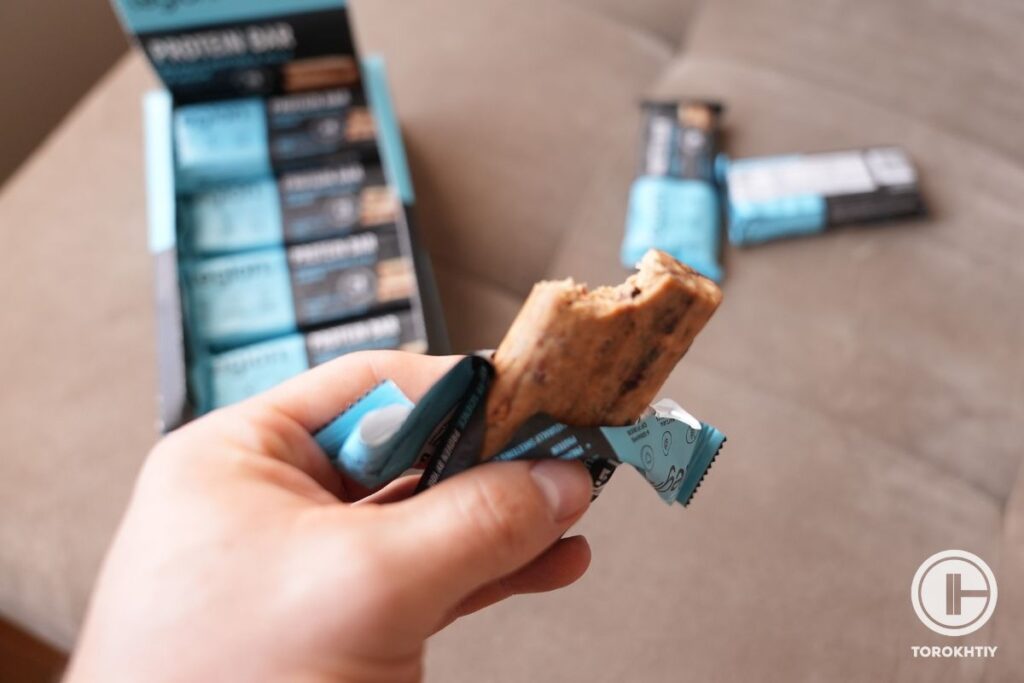
Do Protein Bars Help You Lose Weight?
Protein bars don’t cut down a person’s weight or fat directly. They aid in weight loss by promoting satiety and being a practical source of proteins. They can be the ideal meal replacement option to relieve mistimed hunger pangs.
A protein bar is also an ideal post-workout snack because it can help to refuel your energy levels and support muscle maintenance and muscle-building goals.
Some studies have revealed that protein is essential to consume a high amount of protein during the weight reduction process, so the diet is more effective. Also, when we are cutting, the body is more likely to lose muscle. A higher protein intake helps maintain satiety and muscle mass.
With that said, not all protein bars are ideal for consumption in weight loss diets. Protein bars that are packed with additional sugar and unhealthy fats can have an adverse effect on an individual’s health and weight.
Moreover, the composition and efficacy of readymade protein bars differ from brand to brand. According to nutritionists, store-bought protein bars can be good options for moments when you need something more practical and quick, but are not suitable for daily consumption as they have many additives.
However, there are some brands with good ingredients and a cleaner composition.
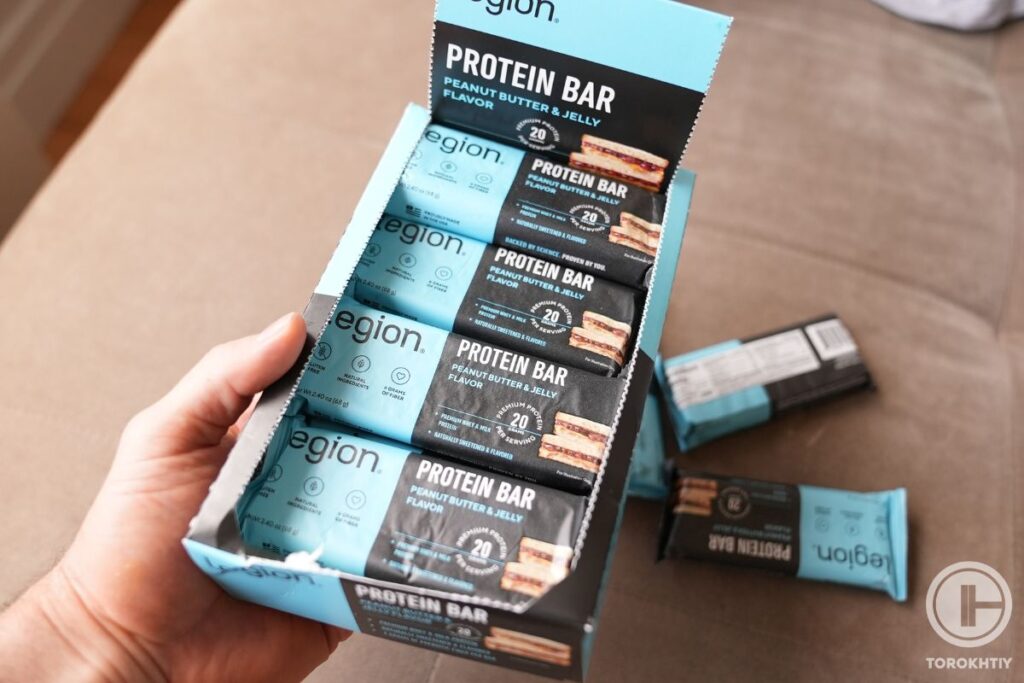
How Exactly Can Protein Bars Contribute To Weight Loss?
A protein bar doesn’t have a single mechanism of action. It facilitates weight loss in the following ways:
1. Convenient Source Of Protein
Protein is present in a variety of naturally available food items, but unfortunately, many of these items can’t be consumed on the go or need proper time to be cooked. Protein bars come in handy when you don’t have time for a proper meal or are looking to cut down on calories.
2. Makes Your Feel Fuller
When it comes to eating protein, they are more fulfilling and take longer to digest as compared to carbohydrates or fats. This helps avoid overeating and reduce cravings because you tend to feel fuller for a longer period.
3. Improves Metabolism
Believe it or not but foods rich in protein have a higher thermogenesis effect on the body. Greater thermogenesis results in faster metabolism, increased calorie expenditure, longer periods of satiety, and weight loss.
4. Helps Maintain Muscle Mass
Like all good things, weight loss also comes at a cost. Most people who lose weight also end up losing muscle mass. Incorporating protein bars ensures a high protein intake in the diet which helps prevent undesired loss of muscle. Lesser weight but a greater percentage of muscle gives you a more toned physical appearance.
5. Great Way To Satisfy Your Sweet Tooth
Following a calorie-restricted diet is a major part of losing weight. Protein bars help you stick to your calorie deficit by providing a tasty and less harmful alternative to desserts, hence satisfying your occasional dessert cravings.

How To Choose The Best Protein Bar For Weight Loss?
Now that the answer to the question ‘Are protein bars good for cutting’ is in the affirmative, let us take a look at the factors that need to be kept in mind when you are selecting/purchasing/preparing a protein bar.
First and foremost, before selecting a protein bar, you should thoroughly analyze your current health condition and your weight loss goals. Please refer to a doctor if you have any medical issues, any allergies, or are pregnant.
The best protein bars are the ones that are prepared at home. However, not everyone has the time to do so, and a majority of people opt for store-bought protein bars. Not all packaged protein bars are harmful, but one needs to take note of a few things, which are as follows:
1. Choose A Bar With 15g Or More Protein Per Serving
A protein bar for weight loss should have at least 15g or more protein per serving. Anything less than this would not be enough to maintain muscle mass and satiety.
2. Stick To Bars In The Range Of 150-200 Kcal Per Serving
It is recommended to stick to bars that have a maximum of 150-200 calories per serving, as this helps maintain calorie deficit, which is essential for weight loss.
3. Choose High-Fiber Protein Bars
Choose a protein bar with at least 5 g of fiber per serving. A good quantity of fiber helps keep the food in the digestive tract for a longer time and leaves you feeling satisfied for longer.
4. Consider The Amount Of Fat Per Serving
An average protein bar should contain 5-10 grams of fat per serving. Any bar with a great amount of fat will have an adverse effect on your weight loss journey.
5. Consider Added Sugar And Sodium
Experts recommend staying cautious of bars that have an excessive amount of artificial sweeteners as they can result in excessive calorie intake and hamper weight loss efforts.
Which Protein Bar Should You Opt For?
If you’re new to the world of protein bars, you might get confused seeing the overwhelming majority of protein bar brands, flavors, and variety. Here are some of our top picks to help you out:
1. Low-Calorie Protein Bar We Recommend
Promix Protein Puff Bars
- Protein Source: Whey protein isolate, Whey protein concentrate
- Suitable For Vegans: No
- Serving Size: 40 grams (1 bar)
- Price Per Serving: ~$2.67
- Protein: 15 grams
- Total Carbohydrate: 17 grams
- Sodium: 60 milligrams
- Fat: 3 grams
- Added Sugars: 3 grams
- Calories Per Serving: 150
- Company Founded: 2011
- Recommended By Athletes: Odell Beckham Jr., Kira Stokes
When it comes to low-calorie protein bars, our top recommendation would be the Promix Protein Puff Bar.
A single serving of this protein bar weighs 40 grams and contains 15 grams of protein, 150 calories, 3 grams of fat, 60 mg of Sodium, and 3 grams of added sugar.
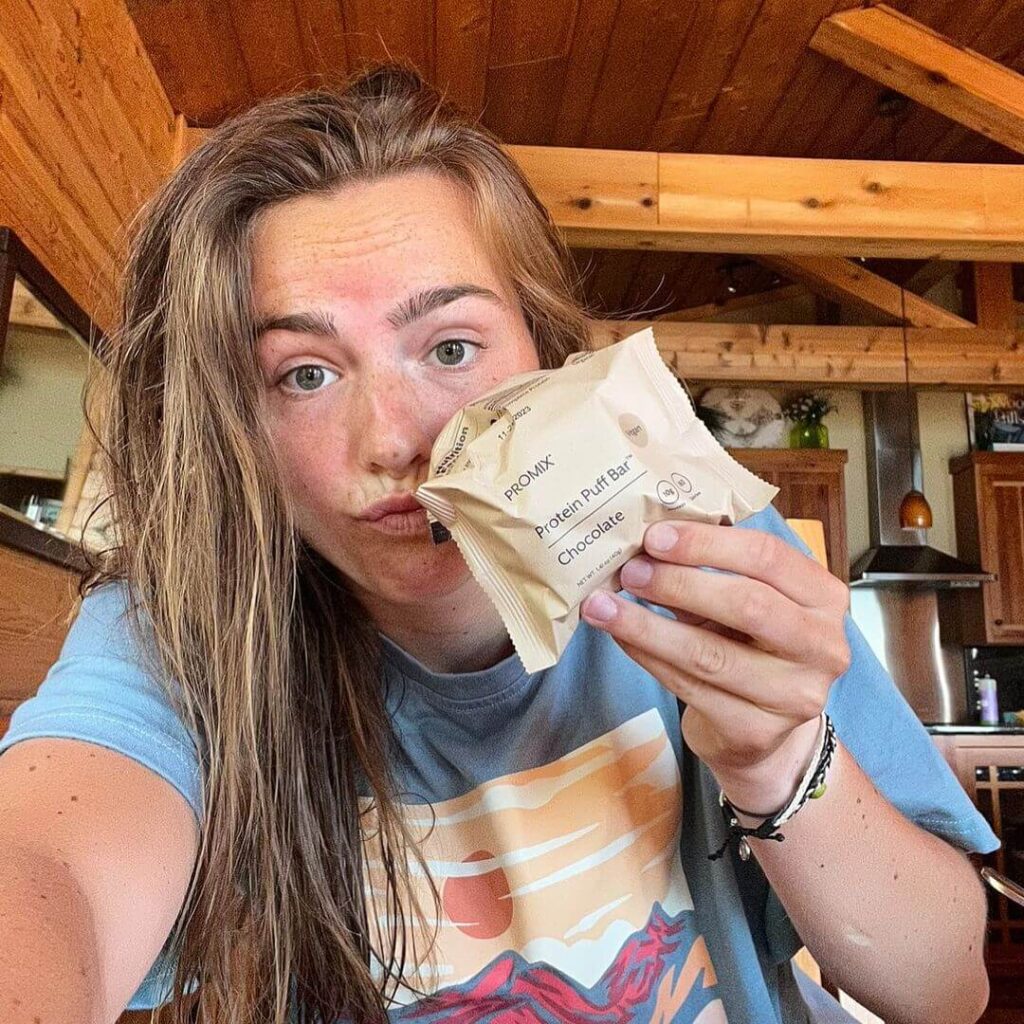
Moreover, this low-calorie protein bar also has 150 mg of Calcium, 0.2 mg of Iron, and 70 mg of Potassium.
The Promix Protein Puff Bar can be consumed at any time of the day. It is made with Grass-fed whey, which is hormone-free and rich in naturally occurring antioxidants and healthy fats. The bar is available in 8 different flavors so you can pick your favorite!
Positives:
Could be better:
2. High Protein/Moderate Calorie/HighFiber Bar We Recommend
Quest Nutrition Protein Bar
- Protein Source: Milk protein isolate, Whey protein isolate
- Suitable For Vegans: No
- Serving Size: 60 grams (1 bar)
- Price Per Serving: ~$2.79
- Protein: 20 grams
- Total Carbohydrate: 23 grams
- Sodium: 220 milligrams
- Fat: 7 grams
- Added Sugars: 0 grams
- Sugar Alcohols: 5 grams
- Calories Per Serving: 180
- Company Founded: 2010
- Recommended By Athletes: Leanne Wong, Grant Williams, Sophie Cunningham
When it comes to high protein content, we recommend Quest Nutrition Protein Bar. Each serving of this bar contains 20 grams of protein, 5 grams of net carbs, 180 calories, 7 grams of fat, and 2 grams of sugar.
Moreover, each serving weighs 60 grams and is gluten-free, which means it is a great option for those who are allergic to gluten.

Quest Nutrition Protein Bar is entirely made with dairy-based proteins, meaning it is a great source of all nine essential amino acids. This protein bar also contains 0.2mcg of Vitamin D, 120mg of Calcium, 0.4mg of Iron, and 90 mg of Potassium.
Positives:
Could be better:
Can Protein Bars Make You Fat?
The pros of consuming protein bars outweigh its drawbacks, but that does not mean you should completely ignore them.
Some protein bars are loaded with so much sugar that they should be considered more of a candy and less of a protein bar. This is why it is essential to pay attention to the ingredients and nutritional value of the protein bar you choose to buy.
Apart from sugar, many protein bars have additional sweeteners. These additives can be natural, like dates or stevia, or unhealthy like high fructose corn syrup.
Excessive consumption of these sweet protein bars can lead to a drastic increase in your blood glucose levels; therefore, people who have diabetes or are at risk of developing diabetes should exhibit caution.
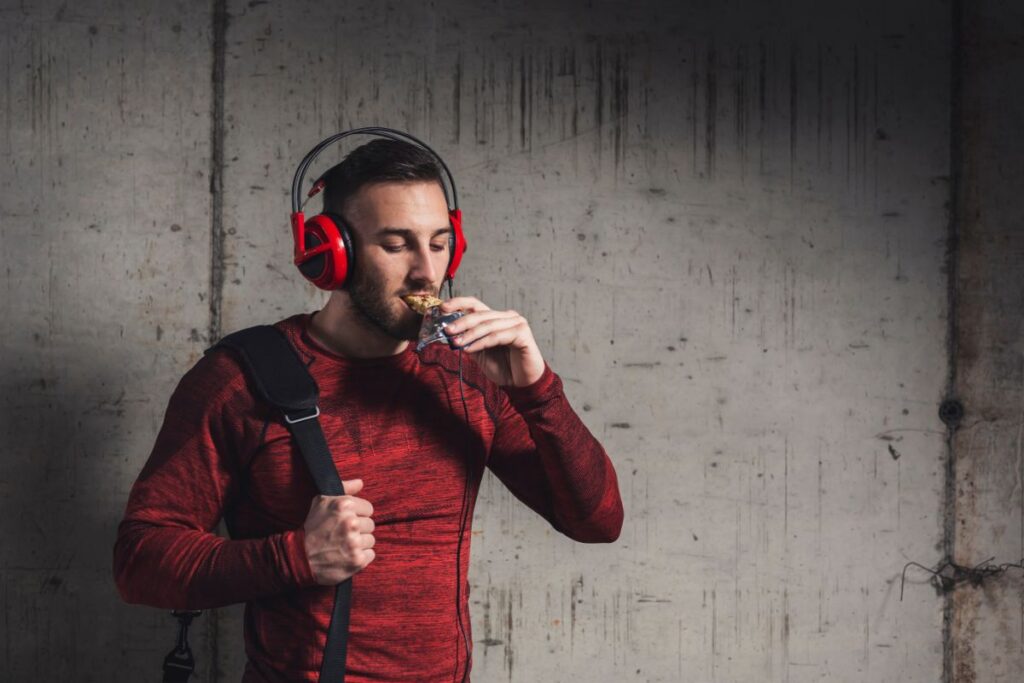
Additionally, the fat in some protein bars comes from highly processed plant oils, like palm, canola, peanut, or soybean oil. An excessive amount of such oils in the bar not only kills the purpose of consuming protein bars i.e. losing weight, but they also put you at risk of developing cardiovascular diseases.
Last but not least, consuming excessive protein may cause more harm to your body than benefit. You must exercise caution, especially if your protein intake is greater than 3g/kg of weight/day.
FAQ
How Many Protein Bars Should I Eat To Lose Weight?
The answer to this question depends on your health condition and future weight goals.
While there’s no one-size-fits-all answer, moderation is key. It is advisable to limit yourself to one or two protein bars per day, depending on their nutritional content and your overall diet and health goals.
Always consider consulting with a healthcare provider or a dietitian for personalized advice.
Is It OK To Eat A Protein Bar Everyday?
According to Harvard T.H. Chan School Of Public Health, for every 100 pounds, you should consume 35 grams of protein per day. A protein bar delivers 10 to 20 grams of protein per serving, but some may deliver just a fraction of that.
Hence, it is recommended to consume 1 bar per day – mainly bars with fewer artificial additives. However, it is imperative to note that the addition of a protein bar to your diet depends on the total amount of protein consumed during the day.
When To Eat Protein Bars To Lose Weight?
The best thing about protein bars is how versatile they are. You can consume them before or after workouts for an energy boost, as a healthy snack between meals, or even replace a meal with a protein bar if you’re on a strict diet.
Conclusion
In conclusion, protein bars can be a beneficial addition to a weight-loss diet when used appropriately. They provide essential protein for muscle repair and growth and can help manage hunger and calorie intake.
However, it’s important to select bars that are low in sugar and unhealthy fats and to integrate them into a balanced diet rich in whole foods. Protein bars should complement, not replace, a nutritious diet and regular exercise.
However, if you’re looking for a quick healthy snack then you can opt for either a low-calorie protein bar like the Promix Protein Puff Bars, or go for a high protein/moderate calorie/high fiber bar like the Quest Nutrition Protein Bar.
Now that you know the answer to are protein bars good for weight loss, do you have any thoughts or questions about integrating protein bars into your weight loss plan?
Feel free to share your experiences or ask questions in the comments below!
Also read:
- Is It Bad to Eat Protein Bars Without Working Out
- Why Do Protein Bars Taste Bad
- Best Tasting Protein Bars
- Best Protein Bars for Muscle Gain
- Best Beef Protein Powder
- Are Protein Bars Actually Good For You
- Best Dairy Free Protein Shake
References:
- Aditi Shenai, “Are Protein Bars Good For Weight Loss? What Do the Experts Say?”, HealthifyMe, https://www.healthifyme.com/blog/protein-bars-good-for-weight-loss/, (accessed December 10th, 2023)
- Kyle Umipig, “Are protein bars effective for weight loss? The truth unveiled”, Longevity.Technology, https://longevity.technology/lifestyle/are-protein-bars-effective-for-weight-loss-the-truth-unveiled/, (accessed December 10th, 2023)
- Jillian Kubala, MS, RD, Lauren Panoff, MPH, RD, “Are Protein Bars Good for You?”, Healthline, https://www.healthline.com /nutrition/are-protein-bars-good-for-you, (accessed December 10th, 2023)
- Stefania Manetti, “Protein in diet”, MedlinePlus, https://medlineplus.gov/ency/article/002467.htm, (accessed December 10th, 2023)
- Jon Cooper, “Benefits of Protein”, WebMD, https://www.webmd.com /diet/benefits-protein, (accessed December 10th, 2023)
Why Trust Us?
With over 20 years in Olympic Weightlifting, our team does its best to provide the audience with ultimate support and meet the needs and requirements of advanced athletes and professional lifters, as well as people who strive to open new opportunities and develop their physical capabilities with us.
By trusting the recommendations of our certified experts in coaching, nutrition, dietology, and sports training programming, as well as scientific consultants, and physiotherapists, we provide you with thorough, well-considered, and scientifically proven content. All the information given in the articles concerning workout programming, separate exercises, and athletic performance, in general, is based on verified data. We ensure that you can rely on our professionals’ pieces of advice and recommendations that can be treated as personalized ones which will benefit you and fully meet your needs.
The product testing process is described in more detail here
Camila has worked as a Nutritionist for 7 years. In addition to being a nutritionist, she is an amateur weightlifting athlete for 2 years. Camila has experience at Flamengo’s football base and in a food supplement company and currently provides services at a clinic. At the moment she is coursing a postgraduate study in Sports Nutrition.

